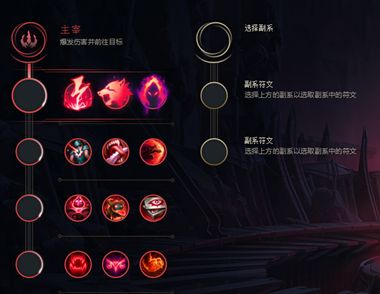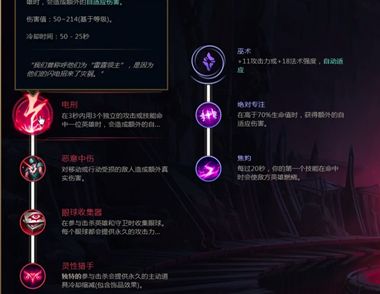1.管道的创建与使用
Java提供了两个非凡的专门的类专门用于处理管道,它们就是pipedinputstream类和pipeoutputstream类。
Pipedinputstream代表了数据在管道中的输出端,也就是线程向管道读数据的一端;pipeoutputstream代表了数据在管道中的输入端,也就是线程向管道写数据的一端,这两个类一起使用可以提供数据的管道流。
为了创建一个管道流,我们必须首先创建一个pipeoutstream对象,然后,创建pipeinputstream对象,实例如下:
pipeout= new pipedyoutstream();
pipein= new pipedputsteam(pipepout);
一旦创建了一个管道后,就可以象操作文件一样对管道进行数据的读写。
2.演示程序: pipeapp
应用程序由三个程序组成:主线程(pipeapp.Java)及由主线程启动的两个二级线程(ythread.Java和zthread.Java),它们使用管道来处理数据。程序从一个内容为一行一行"x"字母的"input.txt"文件中读取数据,使用管道传输数据,第一次是利用线程ythread将数据"x"转换为"y",最后利用线程zthread将"y"转换为"z",之后,程序在屏幕上显示修改后的数据。
主线程 (pipeapp.Java)
在main()方法中,程序首先创建一个应用对象:pipeapp pipeapp=new pipeapp();
由于程序中流操作都需要使用IOException异常处理,所以设置了一个try块。在try中,为了从源文件中读取数据,程序为"input.txt"文件创建了一个输入流Xfileln,:
fileinputstream xfileln= new fileinputstream("input.txt");
新的输入流传递给changetoy()方法,让线程ythread能读取该文件:
inputstream ylnpipe =pipeapp.changetoy(xfileln);
changetoy()方法创建将输入数据"x"改变到"y"的线程ythread,并返回该线程的输入管道:
inputstream zlnpipe = pipeapp.changetoz(ylnpipe);
changetoz()方法启动将数据从"y"改变到"z"的线程zehread,主程序将使用从changetoz()返回的输入管道。得到以修改的数据。
然后,程序将管道输入流定位到datainputstream对象,使程序能够使用readline()方法读取数据:
datainputstream inputstream = new datainputstream(zlnpiepe);
创建了输入流以后,程序就可以以行一行的读取数据病显示在屏幕上。
While(str!=null)
{
system.out.println(str);
str=inputstream.readline();
}
显示完成之后,程序关闭输入流:
changetoy()方法
changetoy()方法首先通过传递一个参数inputstream给datainputstream对象来定位资源的输入流,使程序能使用readline()方法从流中读取数据:
datainputstream xfileln =new datainutstream(inputstream);
然后,changetoy()创建输出管道和输入管道:
pipeinputstream pipeln = new pipedinputsteam(pipeout);
为了能够使用println()方法输出修改的后的文本行到管道,程序将输出管道定位到printstream对象:
printstream printstream = new printstream(pipeout);
现在,程序可以创建将数据从x改变到y的线程,该线程是ythread类的一个对象,他传递两个参数:输入文件(xfileln)和输出管道(调用printstream)
ythread ythread =new thread(xfileln,printstream);
之后,程序启动线程:
changetoz()方法
changetoz()方法与changetoy()方法很相似,他从changetoy()返回的输入流开始:

![[JAVA100例]064、线程间通讯](http://img.tulaoshi.com/201602/19/71abfc242d8886c171f5595373f32d15_thumb_189.jpg)








